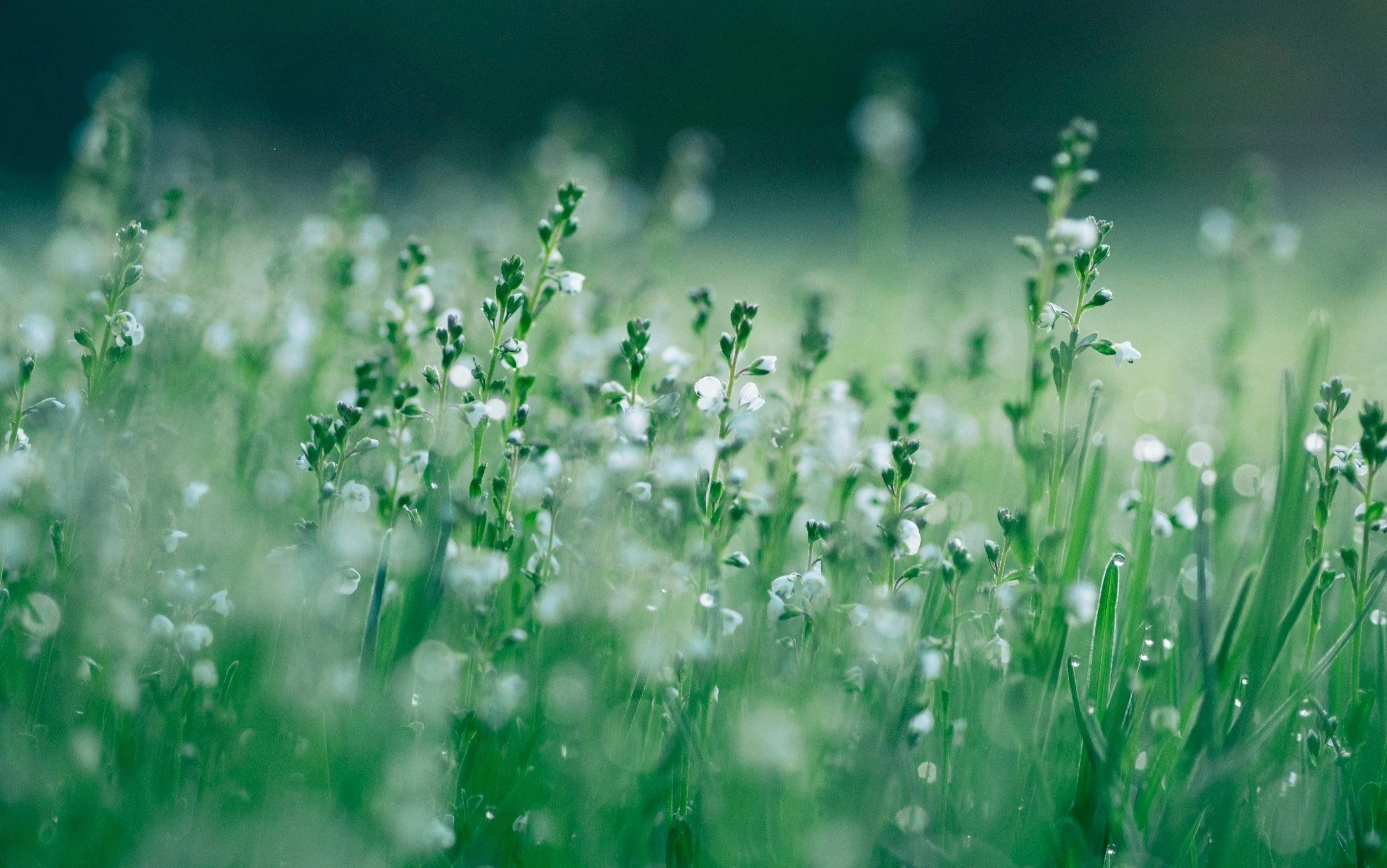Having a regulated nervous system does not mean you will feel calm all the time.
What it means is that your nervous system can respond to any given situation in a healthy way:
To be resilient.
When your nervous system is regulated and resilient, you’re able to:
✨ experience emotions without letting them take over your life
✨ notice when you feel stressed and come back to center
✨ rest without feeling like you need to justify it
Not only that, but the nervous system connects your brain to every organ of your body.
So with a regulated nervous system, it becomes easier to heal your:
✨ gut
✨ skin
✨ hormones
✨ metabolism
✨ mood & more
In functional medicine, we are always looking for the root cause and removing obstacles getting in the way of healing.
Nervous system dysregulation can be one of those obstacles.
Like this post ❤️ if you want to be sure to see more on strategies to support your nervous system!





